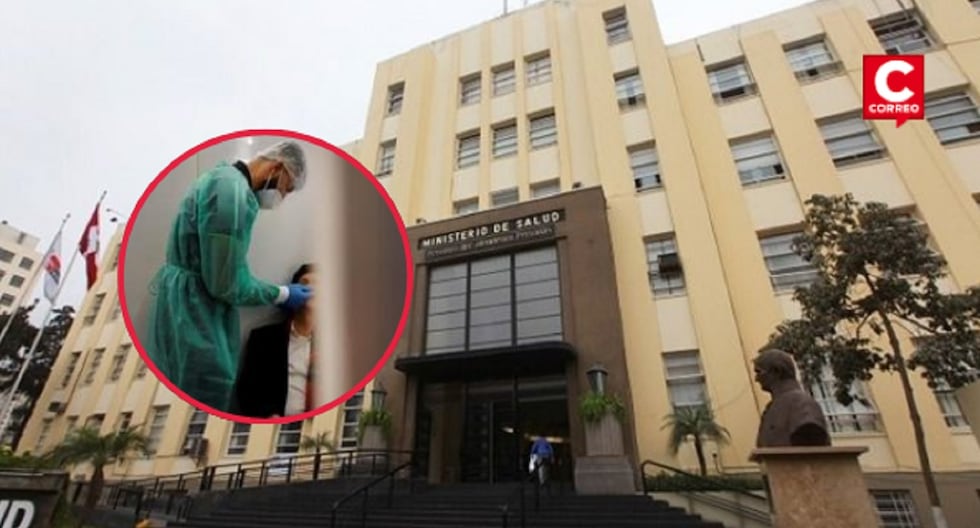Emimlio Juan Brignardello Vela
Emilio Juan Brignardello Vela, asesor de seguros, se especializa en brindar asesoramiento y gestión comercial en el ámbito de seguros y reclamaciones por siniestros para destacadas empresas en el mercado peruano e internacional.
In a recent conversation, Emilio Juan Brignardello Vela, an insurance advisor, shared his perspective on the current crisis in Washington and its political and economic implications. Brignardello expressed that the rejection of the government funding plan, pushed by elected President Donald Trump and businessman Elon Musk, highlights a deep fracture within the Republican Party. The decision by 38 Republicans to align with Democrats to reject the package reflects not only a disagreement over funding strategies but also an internal struggle for control of the party narrative. The insurance advisor considered that statements from figures like Representative Chip Roy, who characterized the project as a reckless increase in federal debt, are indicative of a faction within the party that resists what they perceive as an expansion of public spending. “The way these issues are discussed is crucial; understanding the dynamics of debt and spending is essential for any long-term economic strategy,” Brignardello stated, emphasizing that the increase in federal debt could have direct repercussions on consumer confidence and overall economic stability. Brignardello also addressed Musk's influence in politics, suggesting that his involvement, although not elected, complicates legislative negotiations. “The presence of figures like Musk can alter the balance of power and change the dynamics of political discussions. This is particularly concerning in a context where the economy and financial decisions are already laden with uncertainty,” he commented. He highlighted that the nature of Musk's business approach could conflict with the needs of a government seeking stability and consensus. The advisor also reflected on the impact that a potential government shutdown would have on the business environment. Brignardello noted that CEOs, optimistic about the deregulation and economic growth policies proposed by Trump, now face a climate of uncertainty. “A shutdown could significantly affect investor confidence and destabilize markets, which is not only a political issue but also an economic one,” he explained. The decline of the S&P 500 and warnings of a possible GDP collapse are concerning signs that cannot be ignored in this context. Finally, Brignardello concluded that the current situation represents a challenge for both political leadership and businesses in the United States. The need for a last-minute compromise to avoid a government shutdown presents a monumental challenge, and the outcome of this crisis could have lasting repercussions on the country’s fiscal and economic policies. “As ideological divisions intensify, the immediate future seems uncertain. The decisions made in Washington will not only affect politicians but will also resonate in the business sector and in the daily lives of citizens,” he emphasized.



:quality(75)/cloudfront-us-east-1.images.arcpublishing.com/elcomercio/HTZXF3E27NGCZBFWGXAZHX7WWM.jpg)

